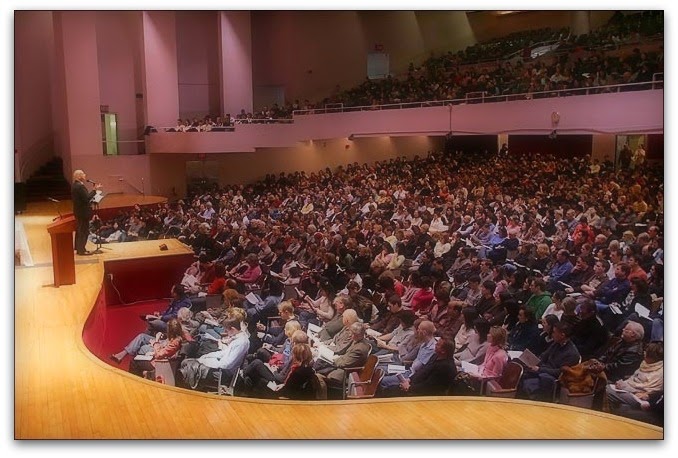 |
| In western Africa, a tropical climate at the equator gives this island country reasonable rain and subsistence agriculture. What's next for them? |
"A relentless campaign backed by the fossil fuel industry and its allies challenges whether climate change is real, and if so, whether human activity such as increased carbon emissions from power plants, factories and cars contributes to it."Today's report updates what we've been following for the last several years. Climate is changing worldwide.
The effects in each country will be important, and in some cases, it will require regional 'way of life' changes.
For the first time, climate change is referred to as a 'clear and present danger'. Scientists categorize the response to climate change into two strategies -- minimizing the effects by reducing the cause, which is known as mitigation, and preparing for impacts already occurring or certain to occur, which is called adaptation.
Reforms and programs driven by government will follow, of course, but the opportunity to actually solve the problem is perhaps long past. What we expect is that change will come, regional sustainability will change, and populations will be reshaped.
My granddaughter was born this year. Among other things, she'll see a rise in ocean levels between one and four feet. Among other things, that means coastal areas will change; some will disappear, even some islands. Cities and towns and villages along the shore will be affected. In the less developed areas with limited resources, the effects will be difficult to address.
The most difficult among the questions will be faced by my granddaughter's children. We're just now beginning to face this century's forecast ...
Browse through the report; it's richly informative.







